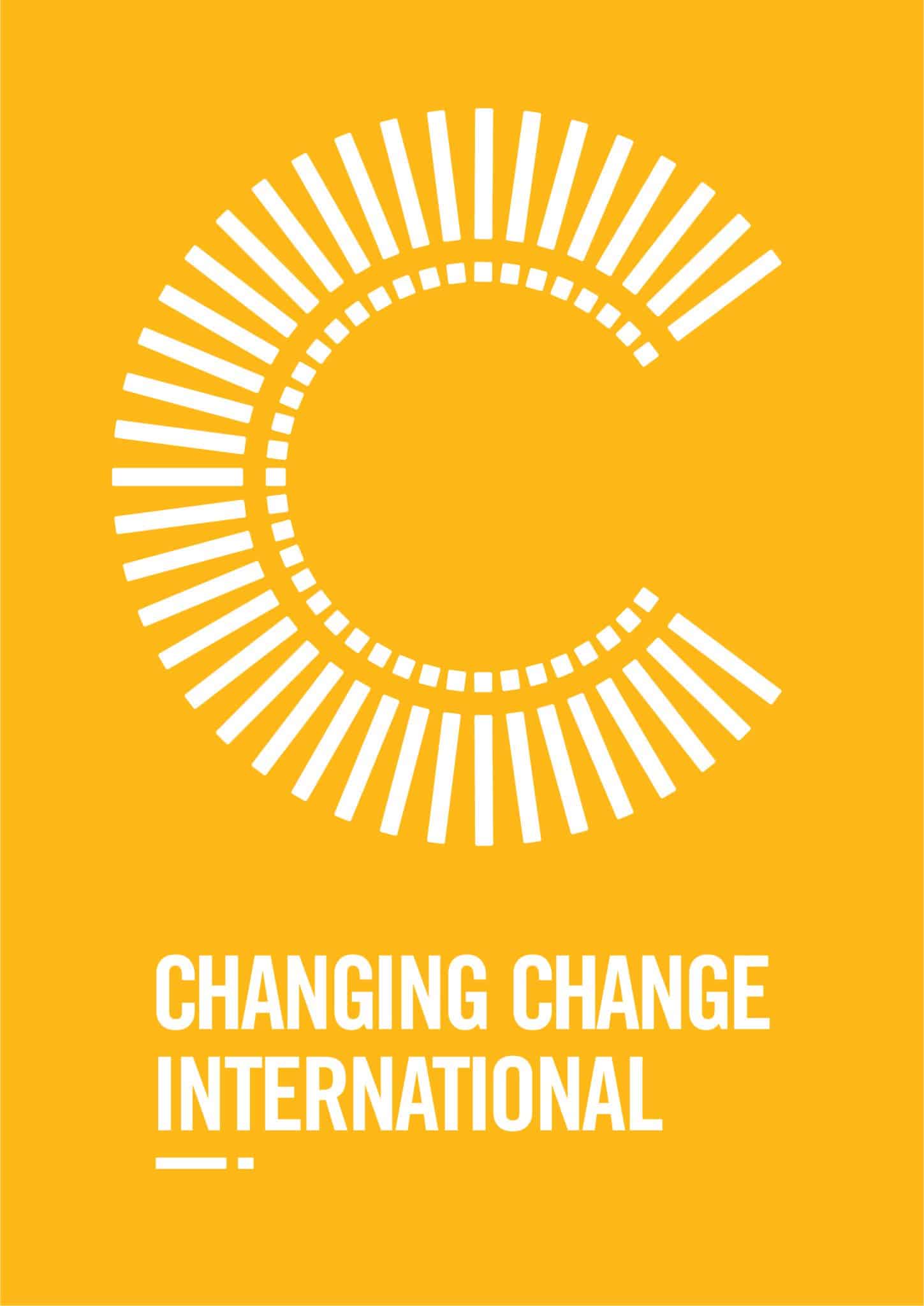FAIRNESS AND HOW TO REALLY ANNOY A MONKEY
“Fairness is not an attitude. It’s a professional skill that must be developed and exercised.” – Brit Hume
Tell me if this resonates with you …
Once upon a time in Corporate Land, a brilliant client director ran 50% of the business’s client portfolio (by volume and value), whilst the rest was shared out amongst other team members.
Despite the apparent inequity in workload, she was happy … she had been with the company for five or so years and was leading direct and indirect reports, hitting all her targets, renewing client contracts and developing multi million dollar new business opportunities. All was well with the world – the portfolio split was an acknowledgement of not just her team’s experience but also their expertise and she felt well-supported.
That was until one day, when she went into her boss’s office to retrieve a file and there, written up on the whiteboard (doh!), was her department’s salary information. The new guy, who had only been with them a short while, was earning over $50,000 more than her …
In the video below, two monkeys are set side by side. They are fed grapes and cucumber. They can see how each other is treated, and at first, the monkey who gets the cucumber eats it – all the time noting what the other monkey gets.
It’s not long before the cucumber-receiving monkey shows its displeasure at not being treated equally. It’s response is visceral. And whilst we may not see colleagues throwing cucumber around the office, their displeasure is no less:
- They react at best by disengaging from their work, whilst others subtly sabotage projects or other people.
- If they are not giving you 100%, they will not give your clients and customers 100% either
- Their general satisfaction with other aspects of their job will decline (when you look for negatives, you’ll find them and disaffected employees are primed for that)
- Soon they will show their displeasure through turning up late, taking more sick days, spreading water cooler gossip, and undermining decisions overtly or covertly.
- Others vote with their feet and leave.
It’s like the flu; it spreads.
Some managers use this potential reaction as an excuse, saying it’s the reason why they hide things, so people don’t know they are treated differently and “problems are avoided”. The issue is, people know. And the inequity can be as little as sharing information with some and not others. Seeking some out for a coffee chat and not others. Giving some leeway on being late to some and not others. On their own, no big deal, but like a tap dripping into a bucket, it builds up over time.
And if it’s something more tangible, like employment terms, they will find out even if it’s not (stupidly) written on a whiteboard. And the fact you’re not being transparent is a warning flag, even if you have very little to hide; people can sense it.
Diversity is being invited and going to a party; Inclusion is being an active member of the party-planning committee [and choosing the playlist, dancing … ]
When you don’t treat people fairly, you erode trust. And without trust, a team does not function.
So what if we made it so we had nothing to hide? What if we were transparent and treated everyone equally – what would that be like? Would our team pull together more? Would trust be built? Would they then focus on the job at hand rather than how they are being treated? Would productivity, creativity and innovation soar? And what if that outweighed the benefit we perceived we got from the inequity and from hiding it?
Your culture pervades through everything – from how you treat your team, to how you treat your customers and suppliers. So how will you bring more openness and fairness to your team – and clients and customers too?
Do you have a culture of fairness, and live (hire, fire and performance manage) a value of being transparent? Are you fair and transparent with your clients and customers? If you don’t and aren’t you need to rethink, because your team and clients always know and you are, bit by bit, sabotaging yourself and your business. A team that doesn’t trust doesn’t perform; customers that don’t trust don’t come back.
What does fairness mean to you? Let me know your thoughts.
#leadership #empowerment #culturechange #performance

